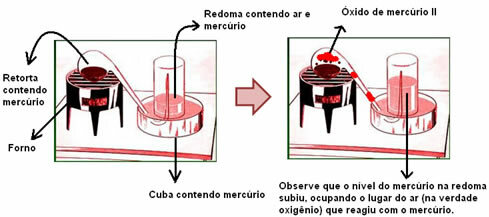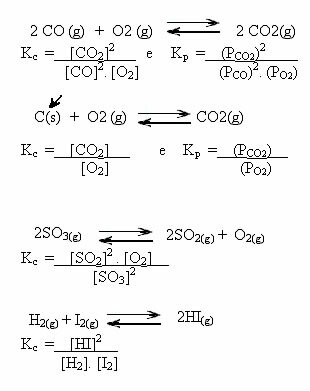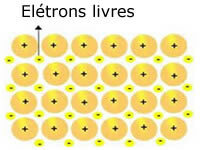Heraclitus of Ephesus (540 a. Ç. to 470 a. C.), as its name indicates, was born in the city of Ephesus. He was considered one of the most fascinating philosophers, despite his confused ideas, which resulted in the nickname "The Obscure". This scientist conveyed his teachings in the form of word games and riddles.
Due to the way of exposing his thoughts, the ideas of heraclitus they have provoked heated debates for more than twenty centuries. The Greeks and Romans already discussed it and, later, it was the subject of debates between Christians and Muslims. In modern and contemporary philosophy, issues related to this scientist always reappear.
The philosopher had a characterhaughty and melancholy, refused to intervene in politics, showed contempt for the ancient poets, was against the philosophers of his time and even against religion.
Heraclitus named the organizing principle that governs the world "logos". The following are his sentences:
"From the struggle of opposites, harmony is born."
“Everything that is fixed is illusion."
“You cannot enter the same river twice.”
“Don't listen to me, listen soon.”
“From things comes unity. And, from the unity, all things.”
Heraclitus' main ideal
He wanted to convey the idea that everything that exists is a manifestation of the unity of which man is a part. The transformations, according to the philosopher, are consequences of the tension between opposites, of action and reaction. According to him, the sun is new every day and the universe changes and changes infinitely at every moment. For example, compare this idea with the Taoist symbol of Ying and Yang:
Do not stop now... There's more after the advertising ;)

As you can see, opposites are part of a single whole. This symbol represents the theory that everything is in constant flux, maintaining absolute unity through “logos”. This would have been the scientist's great discovery: there is a hidden harmony of opposing forces, such as that of the bow and close.
Why "Philosopher of Fire”?
Heraclitus was named fire philosopher because he defended the idea that the transforming agent is fire. He purifies and is part of the spirit of men. These concepts inspired the first scientists who practically explored the union of the material and the immaterial through fire: the famous alchemists.
By Líria Alves
Graduated in Chemistry
Would you like to reference this text in a school or academic work? Look:
SOUZA, Líria Alves de. "Heraclitus: The Philosopher of Fire"; Brazil School. Available in: https://brasilescola.uol.com.br/quimica/heraclito-filosofo-fogo.htm. Accessed on June 27, 2021.



